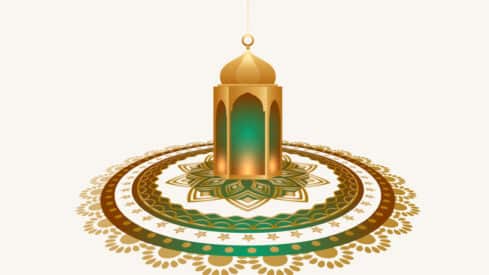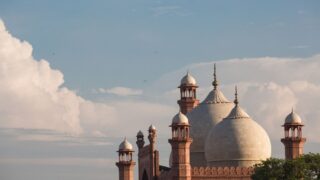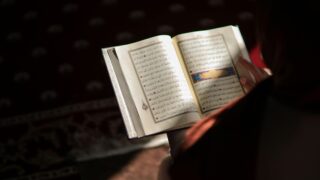Every nation has its own calendar through which it calculates time, special events and occasions peculiar to its history and civilization. Hence, nations with different civilizations and religions would hardly adopt the same system of calendar. It was the highly-ranked religious men of each nation who calculated the months and dates of its calendar year. This was the case with the Roman calendar, the Jewish and the Persian one.
It was the members of the Sanhedrin [The highest judicial and ecclesiastical council of the ancient Jewish nation] who calculated the months and days of the Jewish calendar. The pontiffs in the Roman civilization calculated their calendar, and the Magis calculated theirs. Pope Gregory XIII instituted the Gregorian Calendar as a revision of the Julian one in order to correct the dates of significant religious occasions (primarily Easter) and to prevent further drifts taking place in the dates.
Muslims also have their own calendar. The Muslim calendar, based purely on lunar cycles, was first introduced by the second Caliph, `Umar ibn Al-Khattab (may Allah be pleased with him). He (may Allah be pleased with him) refused to adopt a system of dating, which was peculiar to any other nation and wanted to introduce a system specifically for the Muslim nation. Hence, he decided to take the great event of Hijra as the starting point for the Muslim calendar. Hence, the beginning of the Muslim calendar is indicated by faith, and was pure, and free of the contamination afflicting other systems where the months took on the names of idols they worshipped.
Taking the cycles of the moon as signs of the beginning of the months of the Muslim calendar was a product of divine guidance. No one was [or still is] to interfere in the number or names of the months of that calendar or decide when leap years occur and so on. Allah, the Almighty says: “He it is Who made the sun a shining brightness and the moon a light, and ordained for it mansions that you might know the computation of years and the reckoning. Allah did not create it but with truth; He makes the signs manifest for a people who have knowledge.” (Yunus: 5)
According to this verse, the article ‘it’ in ‘ordained for it mansions’ refers to the moon [‘mansions here refers to the stages or cycles of the moon]. This indicates that it is Allah, the Almighty Who designated the cycles of the moon to be the criterion upon which people can calculate time. Allah, the Almighty has also designated how many months there are in the year. He, the Almighty, says: “The number of months in the sight of Allah is twelve (in a year)- so ordained by Him the day He created the heavens and the earth; of them four are sacred: that is the straight usage. So wrong not yourselves therein, and fight the Pagans all together as they fight you all together. But know that Allah is with those who restrain themselves.” (At-Tawbah: 36)
Moreover, there is reference in the Qur’an to some months and days, such as Ramadan, Friday and Saturday. The names of the rest of the months were referred to in the Sunnah.
The Muslim calendar remained in use (on the political level) throughout the Muslim world until the Muslim countries were occupied by foreign colonial countries and the Muslims began to lose their identity. The Muslim caliphate then collapsed at the hands of Mustafa Kemal Ataturk, who issued a decision to the effect that the Gregorian calendar was to replace the Muslim one. Henceforth, the Gregorian calendar has been in use (on the political level) throughout the Muslim world.
In conclusion, it is high time to take the Islamic calendar into consideration and be unified in determining the beginnings and ends of lunar months in order to keep the unity of the Muslim Ummah. As all acts of worship are based on this calendar such as the beginning of the month of Ramadan, the day of `Arafah, etc. Likewise, Islamic events are based on the Islamic calendar such as the two `Eids (Al-Fitr and Al-Adha).


















